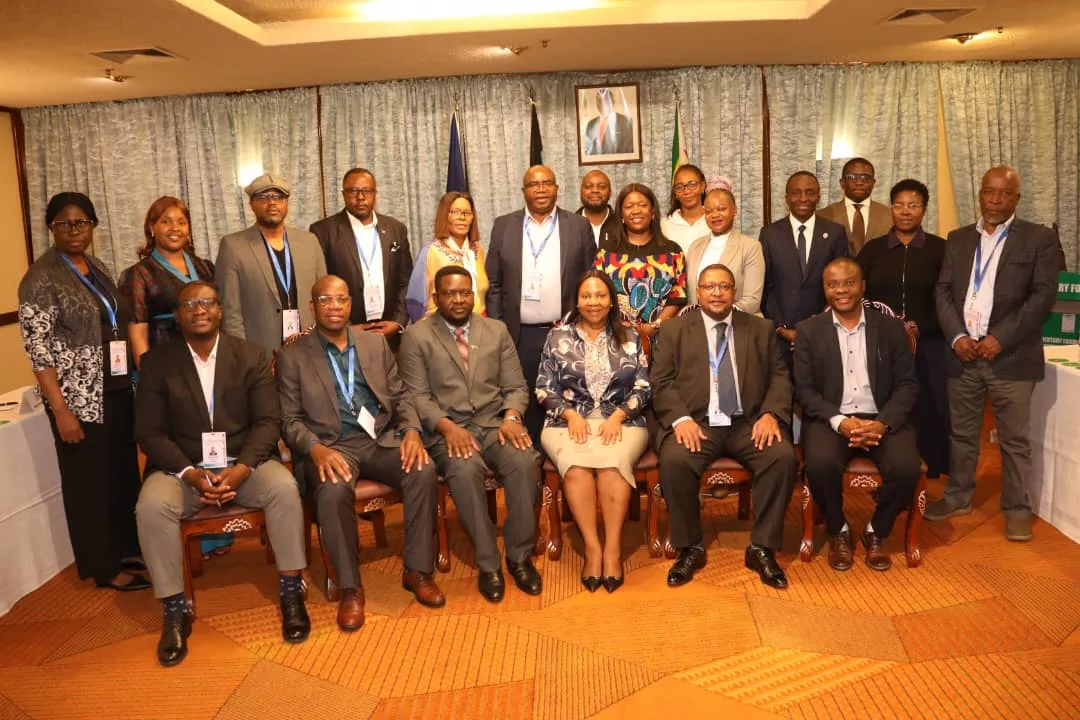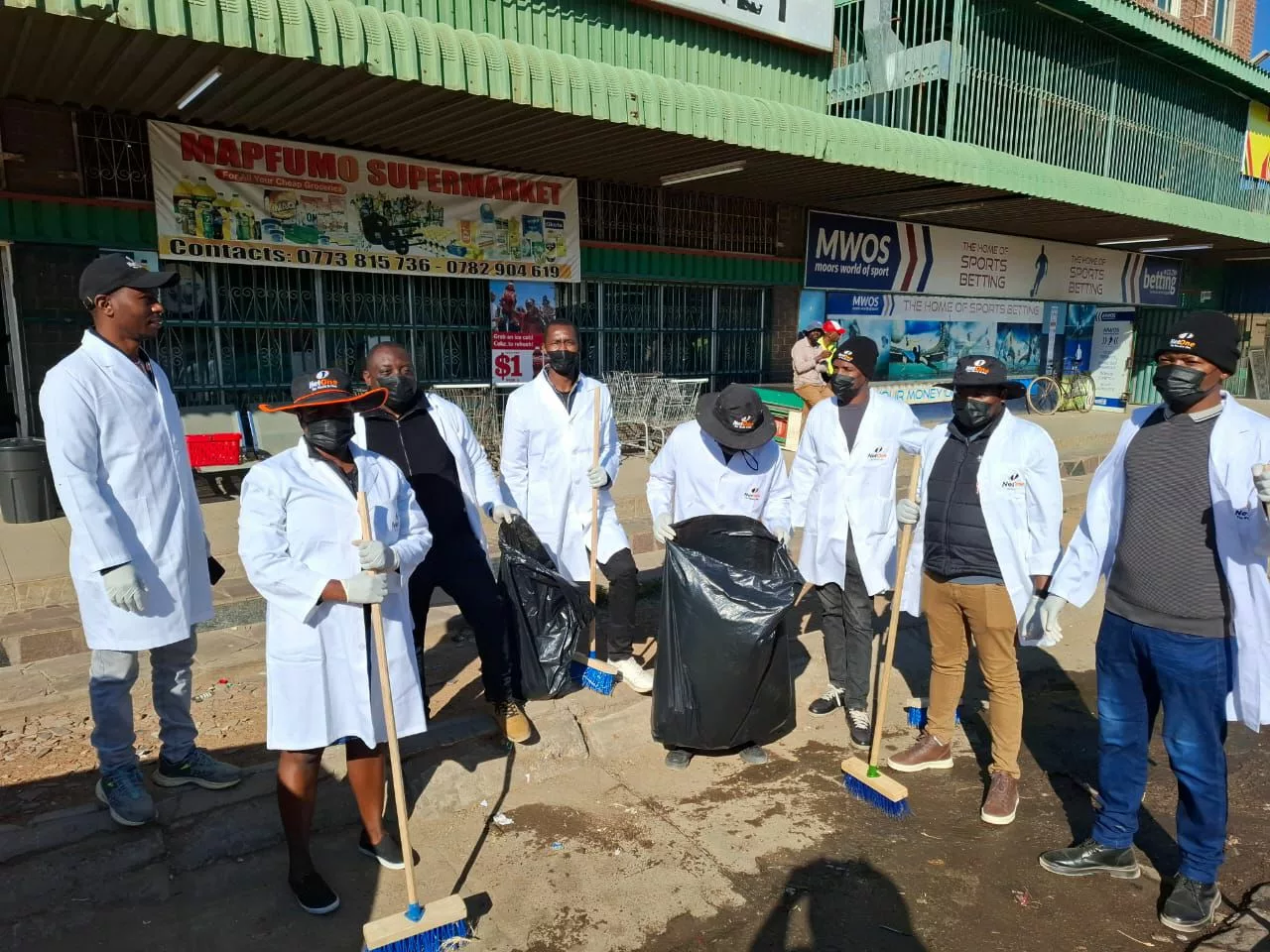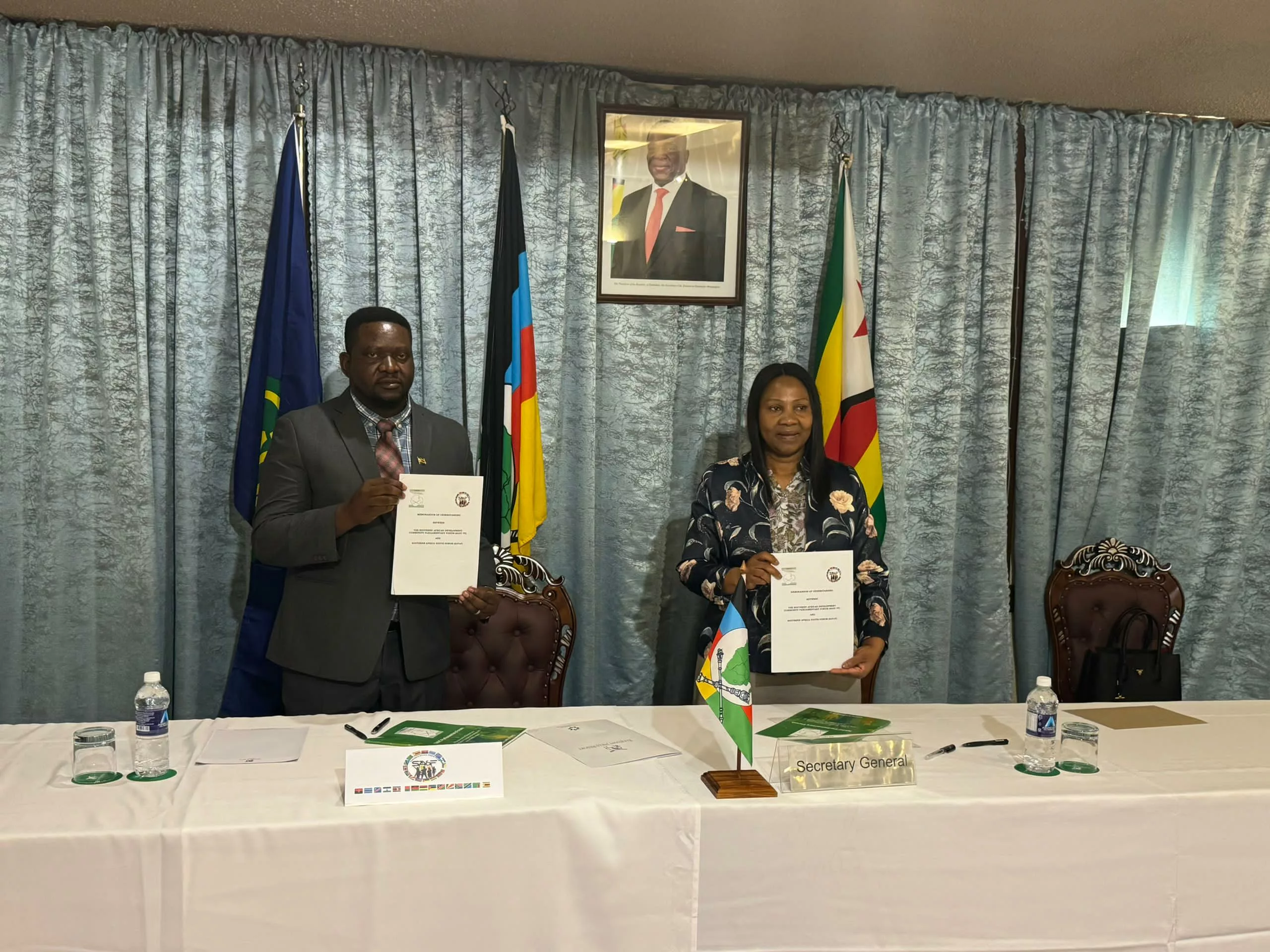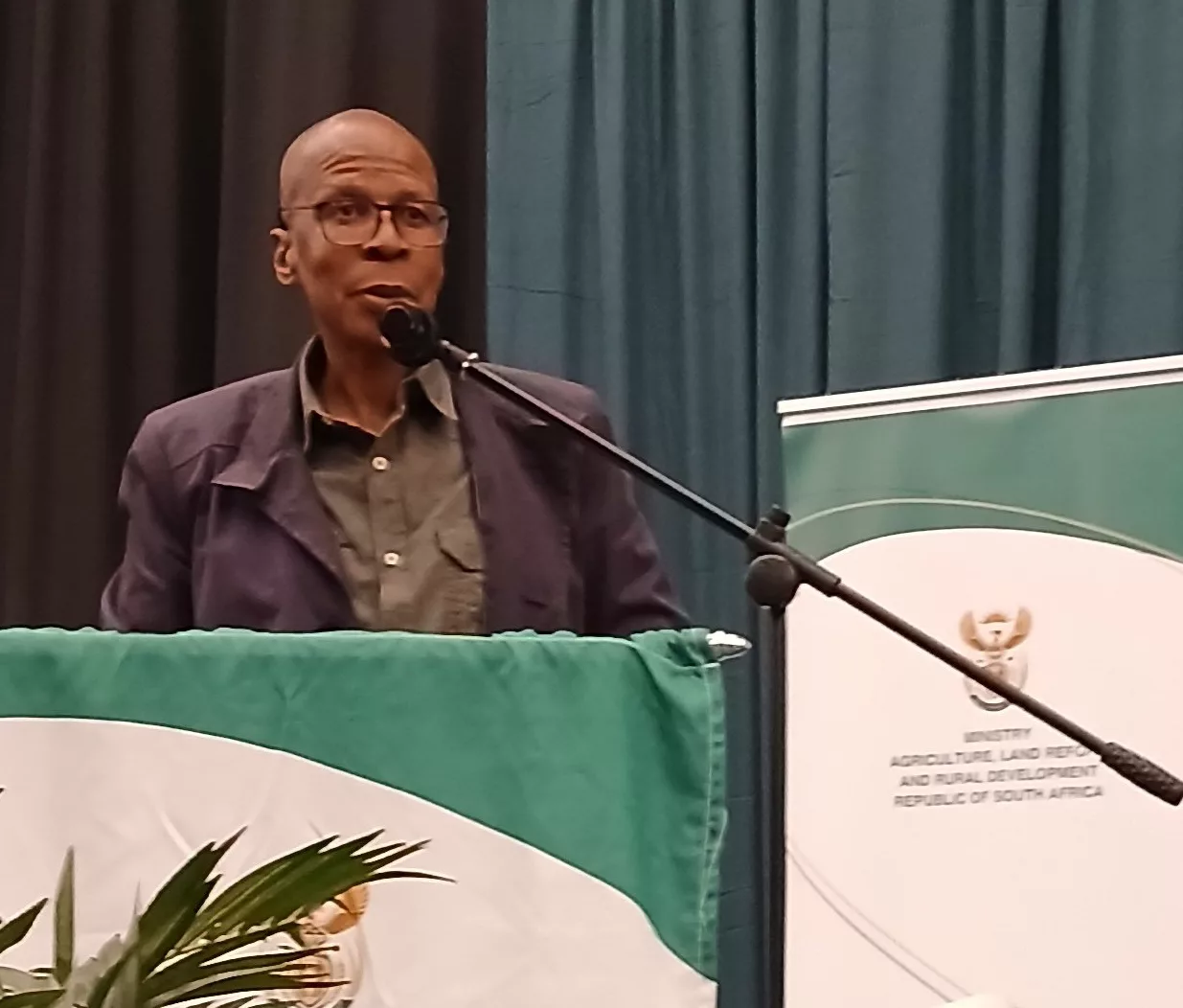|
Getting your Trinity Audio player ready...
|
By Itai Rusike, Executive Director of the Community Working Group on Health (CWGH)
We mark World Malaria Day on 25 April. The theme for this year is Zero Malaria – Draw the Line against Malaria. We draw the line against malaria by taking action to end the disease at this time when COVID-19 has made the fight to end malaria harder. On this day, we highlight and appreciate efforts that have been made over the years to control malaria and celebrate the gains made to date.
Since 2000, the world has made historic progress against malaria saving millions of lives. According to the World Health Organization’s world malaria report 2020, 7.6 million malaria-related deaths have been averted since 2000. This is a huge success resulting from concerted efforts by Governments, partners, and multilateral institutions such as the Global Fund partnership, which provides 56% of all international financing for malaria, and has invested more than US$13.5 billion in malaria control programs since the year 2002.
Half of the world still lives at risk of malaria. 409,000 people died from the disease in 2019. An estimated two-thirds of these deaths are among children under the age of five. Every two minutes, a child dies from malaria. These statistics should make us restless, especially because malaria is a preventable and treatable disease.
As malaria continued to fight back and cause needless deaths, COVID-19 struck, complicating the efforts to end malaria. The COVID-19 pandemic and restrictions related to the response caused disruptions to essential malaria services. Initial messaging that targeted to reduce coronavirus transmission advised the public to stay at home if they had a fever, potentially disrupting treatment for those who may have had malaria and needed treatment. The lockdown also slowed down malaria prevention programmes such as the distribution of mosquito nets. This disruption to malaria prevention and treatment will increase deaths from the disease and potentially lead to a surge in deaths in subsequent years. Children and pregnant women particularly remain at great risk.
The fight against malaria must remain a priority to protect the progress made to defeat the disease. This calls for high-impact investments in education, prevention, diagnosis, and treatment, including research and development. The key to fighting malaria is building stronger health systems, which have been weakened further by the onset of COVID-19. To achieve this, there is a need for stronger political leadership, more funding, and increased innovation. Community engagement, robust partnerships with the private sector, foundations, academia, Government, civil society, for mutual planning, execution, and accountabilities.
There is a need for a cross-cutting approach that unites human, animal, and environmental health interventions to achieve desired public health outcomes. This is because some human diseases are shared with animals, other diseases such as malaria are related to the environment while other emerging diseases such as COVID-19 are associated with wildlife.
Continuing to invest in research & development and scaling up country-driven solutions as well as innovations such as real-time data and next-generation nets will help us stay ahead of the mosquito and its killer tactics. Social and gender norms that present barriers to access to healthcare especially among women from poor and vulnerable households who are often primary caregivers should be addressed. These actions to beat malaria must strongly engage communities and the youth including in aspects of advocacy through participatory approaches such as peer-to-peer initiatives. Communities must be at the heart of the malaria response.
In the face of COVID-19, it is time for rigorous efforts to protect everyone who is at risk of malaria and to guard the tremendous strides made in fighting the disease. There is a lot of focus to beat COVID-19 but this must not be at the expense of accelerating progress against malaria. Malaria investments can be leveraged to fight COVID-19 and emerging diseases by promoting and facilitating safe and timely treatment of fever and ensuring that health workers are adequately protected and equipped.
Critically, malaria programmes must be integrated with broader efforts to build stronger systems for health, which are anchored on established community health systems. Further, ending endemic diseases such as malaria will contribute to strengthening fragile health systems and beating pandemics like COVID-19 because ending malaria will reduce the burden on health systems and increase capacity to detect, prevent, and respond to pandemics.
Despite the added challenges by COVID-19, malaria elimination remains a viable goal towards achieving universal healthcare coverage so that every Zimbabwean has access to efficient, effective, and affordable healthcare wherever they are and whenever they need it without facing financial difficulties.
Malaria elimination is possible. Zero malaria is within reach.
The Community Working Group on Health (CWGH) is a network of national membership-based civil society and community-based organisations that aim to collectively enhance community participation in health in Zimbabwe






